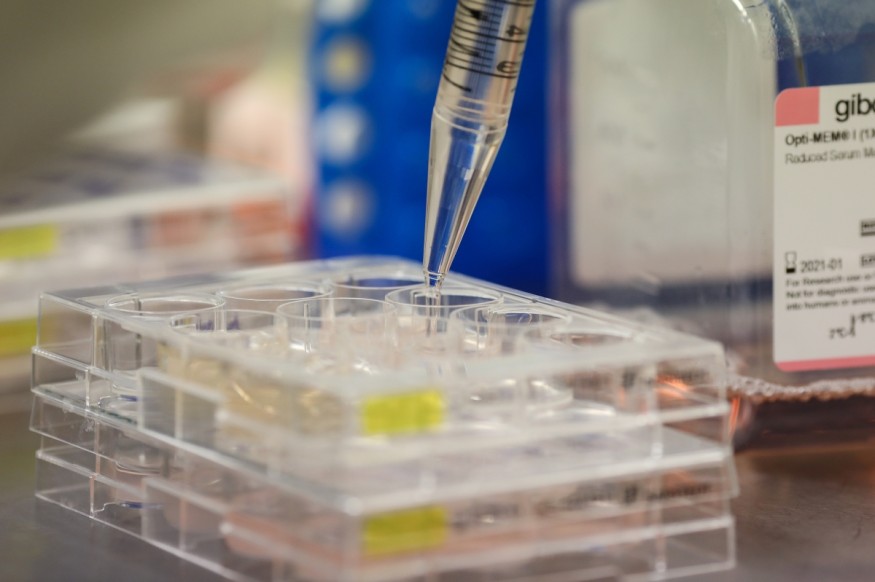When the COVID-19 pandemic first started, many thought that it could not be worse than the flu or any other infectious disease that modern medicine can cure. Some even believed that it was just another form of the flu because of its flu-like symptoms.
But reality struck the world so hard as COVID-19 spread faster worldwide and infected anyone, especially those people with pre-existing conditions, killing more people than the flu.

Health experts and each country's government have continuously reminded people to wash their hands as often as possible, practice social distancing, and wear face masks. This is because, unlike other pathogens, there is still no drug that can neutralize the virus and reduce its effects.
Several vaccine manufacturers have their final testing already ongoing, and some scientists are studying existing medicines to see what could be effective in treating COVID-19. The main objective of these medicines and vaccines is to help the body gain antibodies to develop immunity and get rid of the virus.
Will Antibodies Become Catalysts of a Severe COVID-19 Case?
The international vaccine development race continues as COVID-19 cases continue to surge. Experts say that by 2021, vaccines would become available so that people will have the same antibodies that COVID-19 survivors have developed.
Some of these vaccines are induced with T cell response for a longer immunity. At the same time, other medicines condition the immune system to prevent cytokine storms and allow the immune system to develop antibodies.
But how long will immunity last? Several experts said that immunity could last not more than 12 months, which is typical for other types of coronaviruses.
According to recent research, COVID-19 antibodies could only last for two to three months, but it does not mean immunity is also gone, and reinfection is possible. The immune system can make a new batch of antibodies upon reinfection.
But a new theory from universities in Europe says that antibodies can play a negative role that would cause a more severe course upon reinfection.
Italian scientists said that coronavirus might have been spreading for several months before the outbreak. Some people may have survived from the infection before, but upon its reinfection, Antibody-Dependent-Enhancement, or ADE, could have caused a more severe version of the disease.
The researchers said that "an abnormal humoral response due to ADE, in the early stages of a secondary infection by SARS-CoV-2, may delay the innate antiviral immune response relying on the production of type 1 interferon (IFN-1)."
That means those coronavirus antibodies or any type of it that causes similar symptoms could be bad for the immune system that fights SARS-CoV-2 or reinfection.
ALSO READ: US Reached $1.95 Billion Deal With Pfizer for 100 Million Doses of Their Vaccine Candidate
Reinfection is Unlikely
The theory published in BMG Global Health is just a theory for now. The researchers have yet to provide any evidence of ADE in COVID-19. In reality, blood plasma from recovered patients works on other patients to increase their immune response, suggesting that antibodies are effective.
Some animal studies also suggest that COVID-19 survivors can develop antibodies that prevent them from getting infected again. Moreover, it is too early to conclude that reinfection may happen in humans or animals.
Although there are claims of it, the Korean CDC provided evidence that these patients are not infectious as the viral RNA detected are the remnants of the first infection.
READ MORE: Australian Scientists Developed New Antibody Test That Delivers Results in Just 20 Minutes
© 2026 ScienceTimes.com All rights reserved. Do not reproduce without permission. The window to the world of Science Times.












